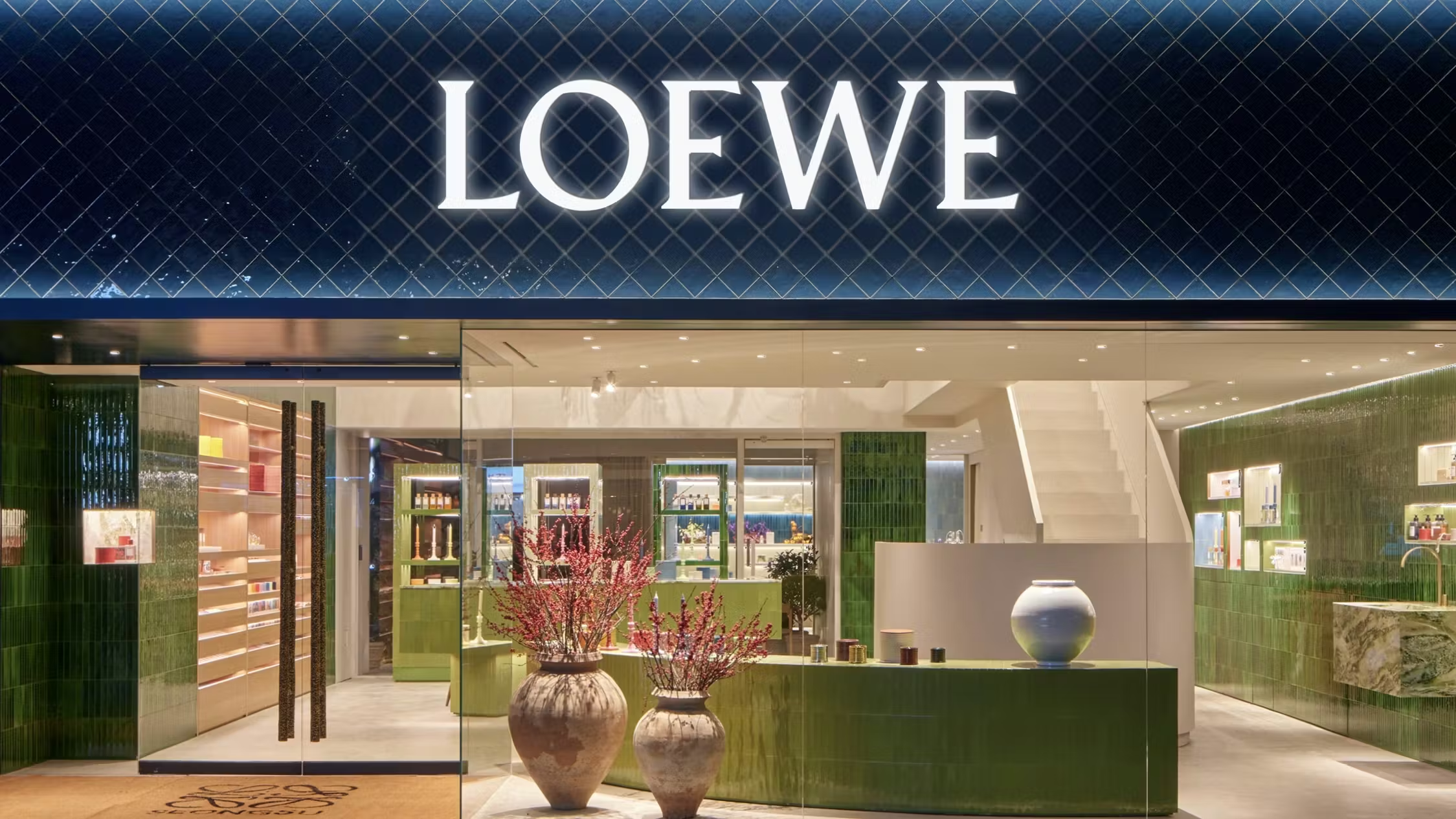Desserto is a cactus-based vegan leather developed in Mexico as a more sustainable alternative to animal and synthetic leather, designed to be soft, durable, and suitable for fashion, furniture, and even automotive interiors. Created by two founders with backgrounds in the automotive and fashion industries, the material is positioned as cruelty-free and free from PVC and toxic chemicals.
Cactus-based vegan leather from Mexico
Developed by Adrián López Velarde and Marte Cázarez, Desserto is made from the nopal cactus (prickly pear) and was introduced as a plant-based alternative to traditional leather after about two years of research and development. The material is produced by Adriano Di Marti, a company based in Guadalajara, Mexico, and has been recognized in innovation circles for its sustainability credentials.
The cactus leather is described as soft to the touch yet high-performing, designed to meet technical specifications across various applications, including fashion, leather goods, upholstery, and automotive. It offers a way to reduce reliance on animal hides and petroleum-based synthetics while still delivering the look and feel designers expect from premium leather.
Partially biodegradable and built to last
One of Desserto’s key sustainability claims is that the cactus-based material is partially biodegradable and does not contain PVC or many of the plastics found in standard faux leathers. Under normal use, products made with the material are reported to last up to ten years, putting it closer to traditional leather performance than many other plant-based options.
Because cactus requires far less water than cattle ranching or many crop-based inputs, the overall environmental footprint is significantly lower than that of conventional leather. The material is also designed to be flexible, breathable, and resistant to staining, making it viable for everyday items like bags, shoes, and accessories.
Organic farming in Zacatecas
The Desserto cactus farm is located in the state of Zacatecas in Mexico, where the company cultivates nopal on organic land without herbicides or pesticides. The cacti grow using natural rainfall and minerals in the soil, with no irrigation system, which further reduces water consumption compared to many conventional crops.
Harvesting is carried out every 6–8 months, when only mature leaves are cut so the plant can continue growing. After harvest, the leaves are dried in the sun for around three days to reach the right humidity before being processed and mixed with non-toxic binders to create sheets that can be finished in various colors and textures.
From cactus field to leather alternative
Once dried, the organic cactus fiber is transformed using a proprietary process into a leather-like material that can be embossed, dyed, and finished according to brand needs. The ranch operates as a closed-loop system where leftover organic cactus matter is sold into the food industry, reducing waste and creating an additional revenue stream.
Because the material can be produced in multiple thicknesses and grains, it is suitable for handbags, footwear, small leather goods, furniture upholstery, and even vehicle interiors. This versatility has helped the fabric gain traction with designers looking for scalable, plant-based options.
Recognition and industry interest
Desserto has attracted international attention, including being named among the top 30 finalists for the LVMH Innovation Award 2020, a recognition that highlights its potential impact on luxury fashion and materials. The brand has since been featured by global media and used by labels interested in lower-impact alternatives to animal leather.
As more fashion and automotive companies set climate and sustainability targets, cactus leather sits within a broader wave of plant-based innovations that includes materials derived from pineapples, citrus, and mycelium. For Desserto, the challenge and opportunity lie in scaling production while maintaining the organic, low-water, low-chemical model that made the material stand out in the first place.

















